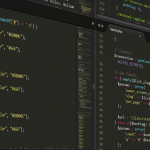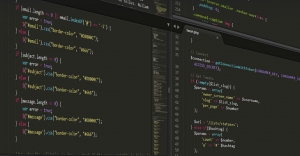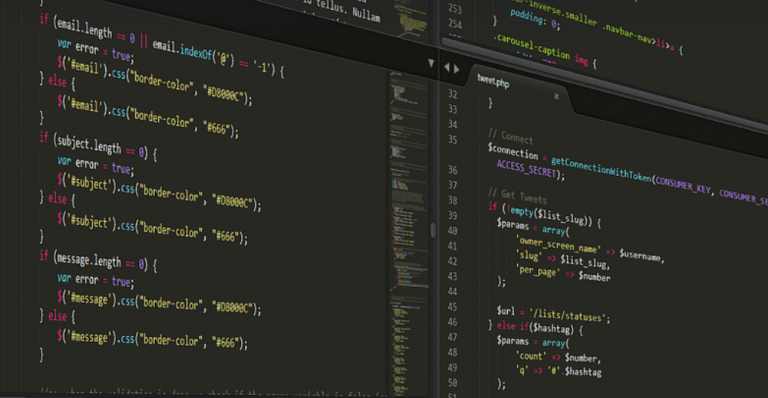What is a research agenda?
A research agenda, simply put, is like a roadmap for the scientific community. It outlines the areas we need to explore and the questions we need to answer in a given field of study. It’s essentially a plan for tackling unknown issues, unraveling mysteries, and driving innovation. Imagine it as a set of guiding stars that help scientists stay focused and make meaningful contributions to knowledge. It ensures our research efforts are aligned with our most pressing challenges. Think of it this way: if we had a clear view of the future we’d like to build, we could start planning where to invest resources to make the journey happen. We might even have some pre-determined destinations and routes laid out for us! However, sometimes that path is unclear, especially in our ever-evolving world. So research agendas take on a critical role in bridging this gap.
Key Components of an Effective Research Agenda
A truly effective research agenda goes beyond just listing topics; it requires crafting a framework that incorporates thoughtful analysis and strategic thinking.
To start, define the scope: What is your area of interest? Narrow down your focus to specific problems or questions within your field. This focused approach allows you to make more meaningful strides in understanding specific challenges.
Next, identify knowledge gaps: Analyze existing research and discover what’s still unclear or unexplored. This involves a thorough evaluation of published studies, identifying unanswered questions that demand further investigation.
Then comes the crucial stage of prioritizing: Not all research topics are equal! Based on their importance, potential impact, and feasibility for research, select the most promising areas to champion.
For each research area you choose, define your specific objective and expected outcome. What do you hope to achieve? What kind of knowledge will you seek to gain? Having clear objectives provides direction for your research journey.
Finally, create a timeline: A realistic timeframe for completion ensures accountability and keeps everyone on track. Include milestones that indicate progress towards the bigger picture. This allows researchers to track their work and make adjustments as needed.
Real-Life Examples of Research Agendas
Let’s say we’re talking about environmental sustainability. A research agenda for this field might include:
“Investigate the impact of deforestation on biodiversity, focusing on specific tropical ecosystems.” This would require detailed analysis of existing data and modeling simulations to understand its consequences.
“Develop new technologies for sustainable agriculture that reduce water consumption and enhance soil fertility. ” This would involve collaboration between scientists from diverse backgrounds, combining their expertise in engineering, biology, and social sciences.
Another example: “Develop a comprehensive model predicting the spread of infectious diseases in densely populated urban areas.” This requires collaboration between epidemiologists, data analysts, and urban planners to create a more efficient and accurate prediction tool.
Why are Research Agendas so Important?
Research agendas act as a unifying force within the scientific community. They provide a common language across disciplines, fostering collaboration and communication. They also serve as guideposts for fundraisers and policy makers, enabling them to prioritize funding decisions that support the most promising research.
The impact of sound research agendas extends beyond academic circles. Their results often translate into tangible solutions that address real-world problems, potentially leading to innovation in various industries, from medicine and agriculture to technology and energy.
In essence, a research agenda acts as a compass for exploration. It provides direction, prioritizes efforts, and ensures focus on the most impactful areas of inquiry.
It’s the catalyst that transforms potential into tangible progress, paving the way for groundbreaking discoveries and solutions to complex global challenges.















